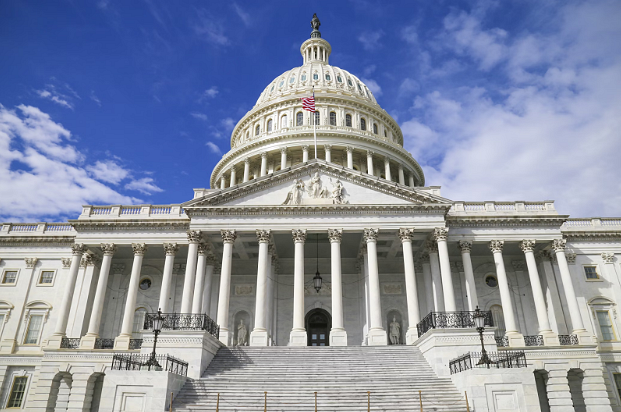US House Votes to Force TikTok to Sell or Face Ban

The US House of Representatives has passed a bill requiring TikTok's parent company, ByteDance, to divest the app's US assets. The House voted overwhelmingly (352-65) to pass the legislation, which gives ByteDance a six-month ultimatum to sell TikTok's US business or face a ban. The bill gained massive bipartisan support, with both parties citing the national security risks posed by Chinese-owned companies.
Senate Majority Leader Chuck Schumer announced the Senate would review this legislation, emphasizing the bipartisan concern about foreign influence through popular apps.
In a post on X, No. 2 House Republican Steve Scalise asserted, "This is a critical national security issue. The Senate must take this up and pass it." White House press secretary Karine Jean-Pierre confirmed the Oval Office’s support of the bill by ordering "the Senate take swift action."
This statement aligns with the Biden administration's broader strategy to counteract China's influence in key technology sectors, including AI and telecommunications.
TikTok's CEO, Shou Zi Chew, responded by highlighting the negative impacts a ban would have on the US economy and digital creators, saying that the bill would "take billions of dollars out of the pockets of creators and small businesses."
According to Reuters, Chew also asserted the company’s intention to challenge this legislation legally. In its current form, the bill provides the company with a 165-day window to appeal the decision.
Critics of the bill, including prominent Democrats, argue for a more nuanced approach. Prominent Democrat Alexandria Ocasio-Cortez summed up many of the dissenting voices’ concerns: "There are serious antitrust and privacy questions here, and any national security concerns should be laid out to the public prior to a vote."
Others on both sides of the aisle question using “CCP-style” bans to combat perceived “CCP-style” propaganda.
As the bill moves to the Senate, the challenge for lawmakers will be drafting a version that can withstand the inevitable legal challenges in court.



Please, comment on how to improve this article. Your feedback matters!